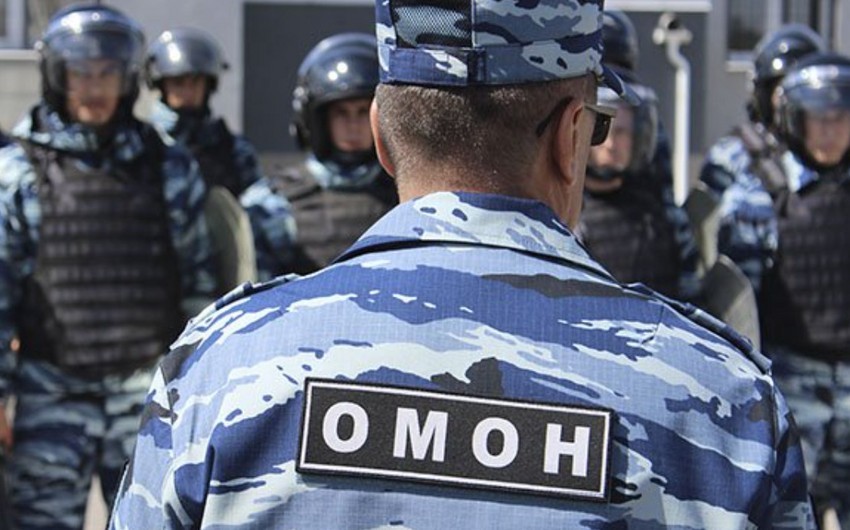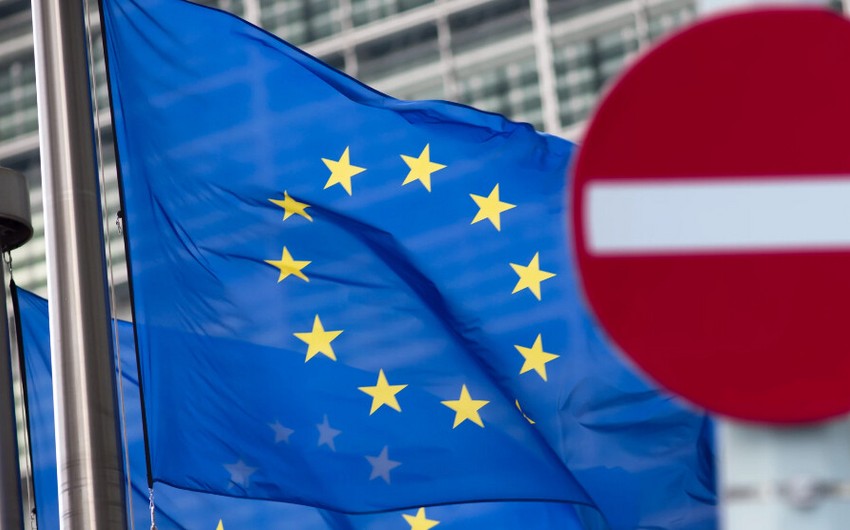The presentation of our new population projections for Bosnia and Herzegovina last December sent shock waves through the country. The main message reported in the media was that if current trends continue, demographic collapse is all but inevitable.
Indeed, the projections are dramatic: Bosnia and Herzegovina’s population will drop to under 1.6 million by 2070 if emigration and birth rates remain unchanged. That is less than half of the country’s current population and a little over a third of the 1991 number. Over 40 per cent of people will be 65 years or older (up from 17 per cent at present). This poses considerable risks for the country’s economy, social systems, and services and infrastructure, especially in depopulating rural areas.
Bosnia and Herzegovina is not alone in facing demographic challenges in Europe; many countries, especially in Eastern and Southern Europe, are struggling with shrinking and ageing populations. But the trend is particularly pronounced in Bosnia and Herzegovina, which has one of Europe’s lowest fertility rates (1.25 children per woman) and has seen a massive outflow of – mostly young – migrants.
Gloomy as these projections may seem, it is important to keep in mind that demography is not destiny and demographic doom is never inevitable. If we understand the underlying drivers of demographic change, we can come up with solutions and change course.
We know, by and large, why so many young people have fewer children and plan their futures outside their own country. The reasons include broader issues such as economic and political instability, persistent corruption and the lack of good governance. There are also a host of social and cultural factors: an education system not geared towards market needs, lack of childcare and social support for parents, and pervasive gender inequalities.
We also know, from our decades-long experience in working with governments around the world, that narrow, quick-fix solutions generally do not work. What is needed is a comprehensive, holistic approach that addresses all factors influencing young people’s lives and opportunities. What we need, essentially, is to turn Bosnia and Herzegovina into a country that people want to live in, plan their futures in, and feel confident having children in.
This may sound like a tall order. But experience from elsewhere – Ireland is a good example – shows that it is possible. We have to be realistic of course: influencing demographic trends takes time, even in the best of circumstances. Bosnia and Herzegovina almost certainly will have to live with a shrinking and ageing population for the foreseeable future. But that is manageable, and doesn’t have to undermine economic and social progress. After all, population size does not determine success. Six of the ten countries highest ranked on the UN’s Human Development Index are small states. But it requires the right steps be taken now to mitigate risks and open up new opportunities.
UNFPA has recently launched a programme to assist the countries in the region with strengthening their resilience in the face of demographic change and offer pathways to a prosperous future. As part of this new programme, we are working with the authorities of Bosnia and Herzegovina and other partners to identify solutions and provide tailored support.
One concrete example is our work on improving gender equality. Research has shown that traditional gender roles are among the main causes of low fertility in developed countries. This is because women are expected to shoulder most of the unpaid care and household work, which means in effect that many have to make a choice between career and family, between work and having children. In countries where women and men can combine work and family and share household duties more equally, like for example in the Nordic countries, parents tend to have significantly more children.
There is a lot that countries can do to make this happen: more early childcare facilities, more flexible work arrangements, better-paid parental leave for both parents, better integration of women in the labour market, and stronger focus on eradicating antiquated gender norms.
Another example is our work on healthy and active ageing. Older people are important pillars of society and can contribute a lot to the economy and their communities, way beyond retirement age. In a rapidly ageing society, we simply cannot afford to exclude a large share of the population with all their skills, talents and other contributions.
And we are engaging youth to be part and parcel of finding solutions to the political, economic and social challenges that are at the root of the country’s demographic troubles. Young people’s creative minds, civic courage and determination are invaluable resources for bringing about the transformative changes we need.
These initiatives, and many others we support in the country, do not only benefit individuals and help with addressing demographic change. They contribute more broadly to building the human capital that Bosnia and Herzegovina so urgently needs to develop and strive in the future.
The demographic challenges Bosnia and Herzegovina is facing are real. But we know the causes and we know the solutions. It is not too late to reverse course and make creating a demographically resilient and prosperous future a priority for Bosnia and Herzegovina.
The author is Representative of UNFPA, the United Nations Population Fund, in Bosnia and Herzegovina.
By John Mosoti








